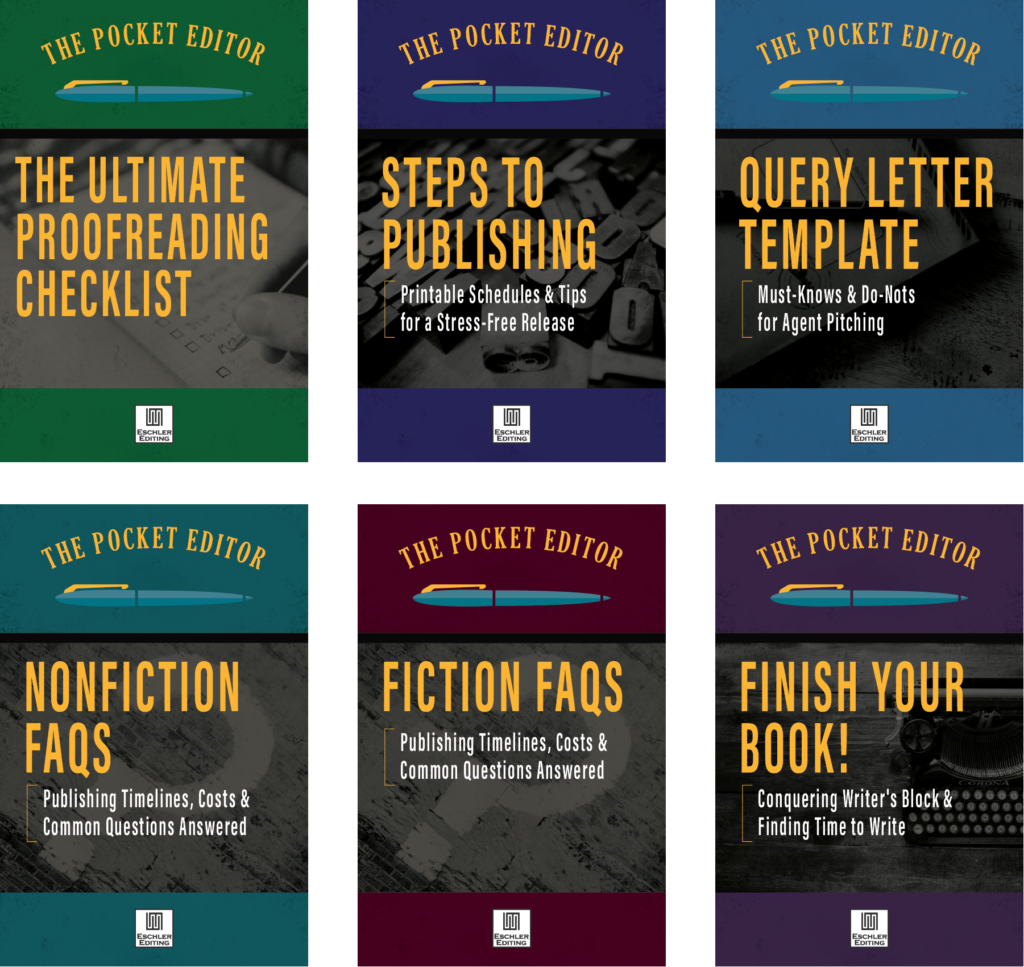by Sabine Berlin
“I can’t believe you did that!”
We’ve all been there. You’re reading a book (or watching a movie) and you’re completely immersed in a story, when suddenly your hero does something that makes no sense whatsoever. While there are some cases where you may just play along—we all know James Bond can pretty much do anything he wants and still walk away from it—most of the time this lapse of logic has us rolling our eyes and sighing a big “Yeah, right.” This is the last thing you want your reader to do because it draws them away from the story you’ve worked so hard to pull them into.
So what do we do—not send our protagonist into a clearly dangerous situation? Spend hours making sure everything our character does is completely believable in every way, shape, and form? Stop writing science fiction and fantasy altogether since there is no way we can literally teleport our hero to another planet? Of course not. You don’t need to sacrifice plot, time, or story elements completely. No one ever said things had to be factual; they just need to be believable.
Below are a few of the more frequent logic problems I see when editing. If you can steer clear of these, you will be well on your way to keeping your readers happily submerged in whatever reality you create for them.
- Dates: Getting dates right may seem like a small thing, but it can throw your readers for a loop if on a Monday your characters say they’re going to the Friday-night dance and then the next night is suddenly the dance. Or if your character finds out she’s pregnant and then it’s magically nine months later. Don’t let dates or even times of day detract from your plot. Use a calendar to mark what is happening when as your story moves along.
2. Historical info: Do your research. And I don’t mean just knowing what the name of a certain article of clothing might have been called. You need to know the hows and whys of the way your characters lived. One book I read had a female protagonist in the time of Christ. There was nothing wrong with that—I always enjoy a strong female lead—but the author had the character being strong by always back talking to the men as if she were a twenty-first-century girl thrown back in time. You could tell the author had done some research when it came to names of weapons and ceremonies, but the story was never believable to me because I kept waiting for the woman to be stoned to death.
3. World-building and plot holes: Just as it’s important to get your historical facts right, you also need to remember to follow the rules of your world no matter where or when you have set it. Magic systems must be followed, kids can’t just do anything they like and not have an adult get involved somehow (and please don’t think killing the parents off is the only way to get past this), a hundred-pound girl can’t lift a 250-pound man over her head no matter how tough you want her to be (unless she has superhuman powers), and if the sun once set in the east on your world, it always needs to set in the east for logical consistency. If you do have to break with logic, be clear in your mind as to why the rule or consistency must be tweaked and accept that the reader will take issue—so have a plan for addressing that issue. One tool for dealing with logic breaks in your story is to address them head-on. Have the character comment on why things are the way they are or express distress because things don’t seem right, or whatever else works best in your story. After all, you don’t want to be victim to future plot spoofing (like a recent viral video satirizing Lord of the Rings: the eagles fly over Mount Doom and simply drop the One Ring into it fifteen minutes after the council of Elrond).
4. Dialogue and motives: I frequently see authors employing dialogue that doesn’t logically follow (think stimulus-response) in order to move the plot in a particular direction. Even dialogue transitions (when somewhat unnatural) will still force the reader from the story. The same applies to character behaviors that defy logic but move the plot along. A seemingly normal teacher will not behave bizarrely or violate school policy or “rules” because he/she dislikes a student, for example. Just because it may have happened with someone you know doesn’t mean your character has a convincing motivation to do it. The context must dictate the actions/motives. A forced plot becomes a boring plot very quickly. Tension decreases rather than spikes; after all, if anything can happen in a story for any reason, there’s nothing to really put your characters in a tight spot or for the reader to worry about.
5. Truth versus fiction: Lastly, remember that while truth may be stranger than fiction, that often means the truth will render your story unbelievable. Just because something you’re fictionalizing happened in real life doesn’t mean the reader will buy it in your story. You don’t want to ruin your story and make your readers check out by insisting that something happened in real life, so it should be fine in your story. Making sure the scenario seems likely in the context of your story—and that it supports the emotional momentum of that scene—takes precedence over telling the truth. Throw in an author’s note at the end of the book if you’re dying to tell what really happened.
Even the smallest flaw in logic can take the reader out of the story. Don’t let that happen. We read books to be lost in the world the author has created. If your reader starts to doubt that world, they will doubt you (as in they may lose interest in the story or not bother picking up your next one). Logic is one of the simplest issues to fix but is often one of the most forgotten elements. A unique plot, strong voice, awesome beginnings, and all the other story elements that could make your book a best seller may come to naught if you fail your reader in logic.
Do This Now:
- Get a calendar and mark the times and dates of the events in your book.
- Research your time period. Don’t worry so much about names and dates (unless they are central to your story); focus on how and why people behaved the way they did.
- People watch. Go to the mall, a restaurant, a college campus—any place that may have your target audience—and watch how people really behave and talk. What actions, tones, or body language trigger a response (and what kind of response?) in the conversations?
Your turn:
What is your favorite illogical moment from books or movies? Share it with us and help others smile today!
 Sabine Berlin is an avid reader of everything from Asimov to Zusak. She has a degree in history, writes YA fiction, and was selected to attend Orson Scott Card’s Literary Bootcamp, where she studied writing and critiquing. She has been with Eschler Editing since 2012. She invites you to visit her blog.
Sabine Berlin is an avid reader of everything from Asimov to Zusak. She has a degree in history, writes YA fiction, and was selected to attend Orson Scott Card’s Literary Bootcamp, where she studied writing and critiquing. She has been with Eschler Editing since 2012. She invites you to visit her blog.





Great advice. I’ll keep all of this in mind when I’m writing my next book! 🙂
This is a great article on logic. It’s funny how these problems don’t really hit us as writers while we’re writing the scenes we write because it’s all up in our heads and we know what’s happening–it just doesn’t end up on the page. That’s why it’s good to have an editor or a good critique partner who can point these things out. My favorite logic problem in the movies is when there is a car chase and yet every other car on the road continues to drive along as if nothing is happening. Not a single defensive driver in the bunch.
Thanks for the information! It’s so true that if it happened in real life we assume it works but it has to come logically through the characters. Love this advice. I will be people watching for reactions and dialogue.